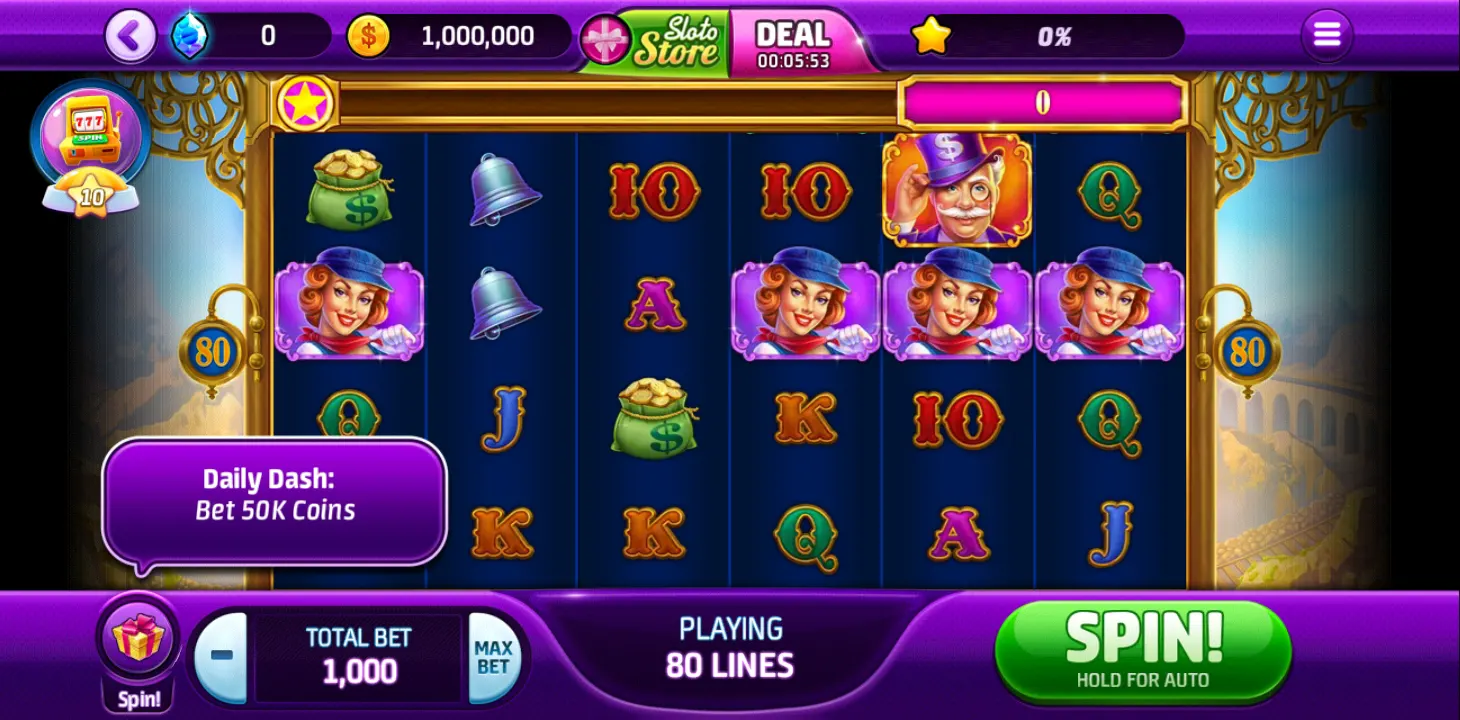The global social gambling market witnessed tremendous growth over the past decade, with gross gaming revenue of $6.2 billion for 2020. Projections foresee this figure would increase even further in the following years.
This form of gaming is steadily gaining traction as it provides a social and highly enjoyable experience while eliminating many of the risks associated with conventional online casinos. Some people choose social over real-money online gambling because it stimulates them mentally and helps them destress without the possibility of suffering huge losses.
Today we shall examine the differences between these two forms of gambling and tackle the reasons for their popularity. Hopefully by the end of this article, you will be able to decide which type of online casino is the best fit for you.
How Social Casinos Work
 The term ‘social gaming’ typically refers to online games that enable players to socially interact with each other. The category comprises multiplayer board games, card games, interactive video games, and of course, casino games. Players can usually access them directly in a browser or via downloadable mobile applications.
The term ‘social gaming’ typically refers to online games that enable players to socially interact with each other. The category comprises multiplayer board games, card games, interactive video games, and of course, casino games. Players can usually access them directly in a browser or via downloadable mobile applications.
Another option is to launch them on social network platforms like Facebook. Either way, getting started with social casinos is beyond simple. Here are the steps we went through to launch the popular social gambling app Slotomania developed by Playtika.
For clarification, you can spend real money at social casinos like Slotomania when making various in-app purchases. If you wish, you can purchase more credits to play with, buy gifts for your friends, or spend money on upgrades. With that said, you will never get anything of tangible value at social casinos.

 As you can see, most social casino games involve greater player interaction which is not always the case with their real-money counterparts, live dealer tables being the only exception. Said player interaction comes in various forms, including the following:
As you can see, most social casino games involve greater player interaction which is not always the case with their real-money counterparts, live dealer tables being the only exception. Said player interaction comes in various forms, including the following:
How Social Casino Game Publishers Generate Revenue
Social casino games are free to install and play, which raises the question of how their publishers generate profits. As far as real-money casino games are concerned, gambling operators hold a statistical advantage over players that ensures they always collect a given percentage from the overall amount of money wagered. This is not the case with social casino games whose publishers usually maintain profitability in the following ways.

In-App Purchases (IAP)

In-Game Advertising

Product Placement

White Label Solutions
In-App Purchases (IAP)
Perhaps you will be surprised but the freemium business model used by social game publishers dates as far back as the 1980s. The basic product or service is offered at no cost but consumers must pay to access advanced features and other perks that improve the free version’s functionality.
In the context of social casino games, these perks usually include virtual credits or coins, powerups, unique avatars, and virtual gifts that improve the gameplay and help you boost your score. Certain games can be unlocked quicker through in-app purchases in some cases.
In-Game Advertising
In-game advertising is another common approach publishers adopt to achieve monetization. There are various ways to integrate advertisements into social games. The most widespread model involves users watching rewarded video ads in exchange for different in-game bonuses.
Product Placement
Some game publishers rely on product placement to monetize certain segments of the gameplay. This approach is better from the perspective of players since it does not interrupt or spoil the user experience. Brand partnerships are integrated directly into the games, sparing users the hassles of having to constantly watch ads.
White Label Solutions
Some publishers rely on white label solutions for monetization and profit, in which case they develop the games and then lease them to other companies for rebranding.
The bottom line is publishers are raking in tons of money from these ‘free-to-play’ casino games, especially through in-app purchases. The Israel-based Moon Active earned nearly $50 million through in-app purchases on Android devices within a single month! Other top earners in the social gambling segment include Zynga, Playtika, FunPlus International, and Scopely.
Highest-Earning Social Gambling Publishers on Google Play (IAP Revenue in May 2022)
- Moon Active – $49.96 million
- FunPlus International – $42.48 million
- Zynga – $41.26 million
- SpinX Games Limited – $22.54 million
- Playtika – $20.45 million
- IGG – $19.41 million
- Scopely – $19.25 million
- Product Madness – $18.86 million
- SciPlay – $17.98 million
- Com2uS – $16.21 million
Popular Social Gambling Platforms
Players looking to enjoy some quality social casino gaming can hardly complain of lacking enough options. Hundreds of social casino games are available for desktop and mobile play, including slots, video poker, and table classics like roulette and blackjack.
Let’s have a look at the most popular platforms for social gambling where you can play with virtual credits rather than risk real money.

DoubleDown Casino Vegas Slots

Slotomania

Big Fish Casino

Zynga Poker Texas Hold’em

House of Fun
Social vs. Real-Money Casinos – the Pros and Cons of Both
 Both social and real-money casinos have their fair share of pros and cons. You should carefully weigh out the advantages and disadvantages to determine which form of gambling is the better fit for you. Let’s start with social casinos.
Both social and real-money casinos have their fair share of pros and cons. You should carefully weigh out the advantages and disadvantages to determine which form of gambling is the better fit for you. Let’s start with social casinos.
 So should you choose social casinos or should you go for real-money gambling? It is up to you to answer this question as it ultimately depends on what type of person you are. Social gaming is great for players with low risk tolerance who want to socialize and have some fun without spending any money in the process.
So should you choose social casinos or should you go for real-money gambling? It is up to you to answer this question as it ultimately depends on what type of person you are. Social gaming is great for players with low risk tolerance who want to socialize and have some fun without spending any money in the process.
On the other hand, if you are looking to win some cash and have the guts (and the budget) to stomach the potential losses, perhaps you should consider giving real-money online casinos a try. Just make sure you choose a reliable operator you can trust with your money and sensitive information.
The term ‘social gaming’ typically refers to online games that enable players to socially interact with each other. The category comprises multiplayer board games, card games, interactive video games, and of course, casino games. Players can usually access them directly in a browser or via downloadable mobile applications.

As you can see, most social casino games involve greater player interaction which is not always the case with their real-money counterparts, live dealer tables being the only exception. Said player interaction comes in various forms, including the following:
Both social and real-money casinos have their fair share of pros and cons. You should carefully weigh out the advantages and disadvantages to determine which form of gambling is the better fit for you. Let’s start with social casinos.
So should you choose social casinos or should you go for real-money gambling? It is up to you to answer this question as it ultimately depends on what type of person you are. Social gaming is great for players with low risk tolerance who want to socialize and have some fun without spending any money in the process.



 DoubleDown Casino Vegas Slots
DoubleDown Casino Vegas Slots Slotomania
Slotomania Big Fish Casino
Big Fish Casino Zynga Poker Texas Hold’em
Zynga Poker Texas Hold’em House of Fun
House of Fun